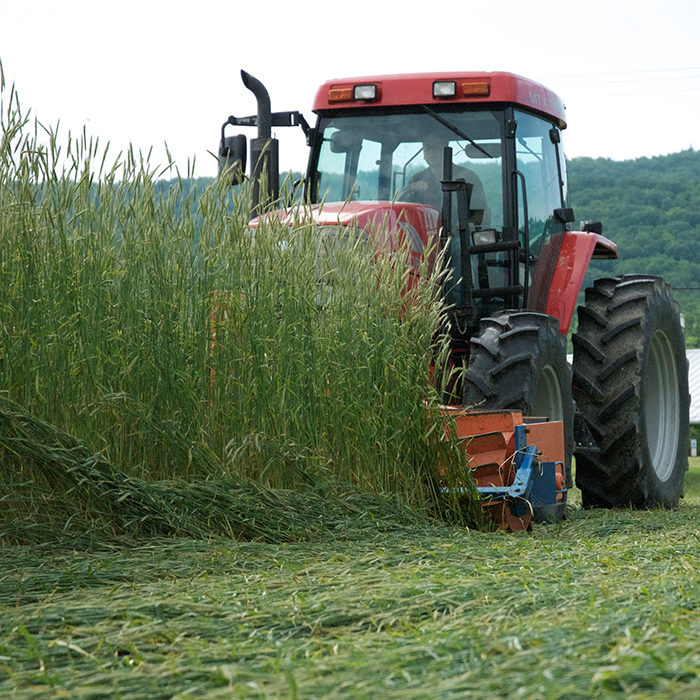
Reports: Build Back Better Unlikely to Pass Before Christmas
Multiple news sources reported Friday that the Build Back Better Act was unlikely to be considered in the U.S. Senate before Christmas.
Among the $1 trillion bill’s provisions: subsidies of up to $25 per acre, with a maximum of 1,000 acres for producers who establish cover crops.
Apart from that, landowners would receive $5 per acre for cover crop funding.
The bill also contains numerous other general agriculture provisions, including $600 million for carbon sequestration and greenhouse gas emissions quantification.
Conservation agriculture provisions in the bill total $28.3 billion of the total cost, according to a fact sheet issued by the House Agriculture Committee.
According to a statement by Pres. Joe Biden issued by the White House on Thursday, Sen. Joe Manchin (D-West Va.), Biden, and the Congressional leaders remain in discussion about the bill, and those discussions could potentially continue into 2022.
“It takes time to finalize these agreements, prepare the legislative changes, and finish all the parliamentary and procedural steps needed to enable a Senate vote,” the statement reads in part. “We will advance this work together over the days and weeks ahead.”
The statement also includes a commitment to work with Senate Majority Leader Chuck Schumer (D-N.Y.) to bring the bill to a floor vote as soon as possible.

